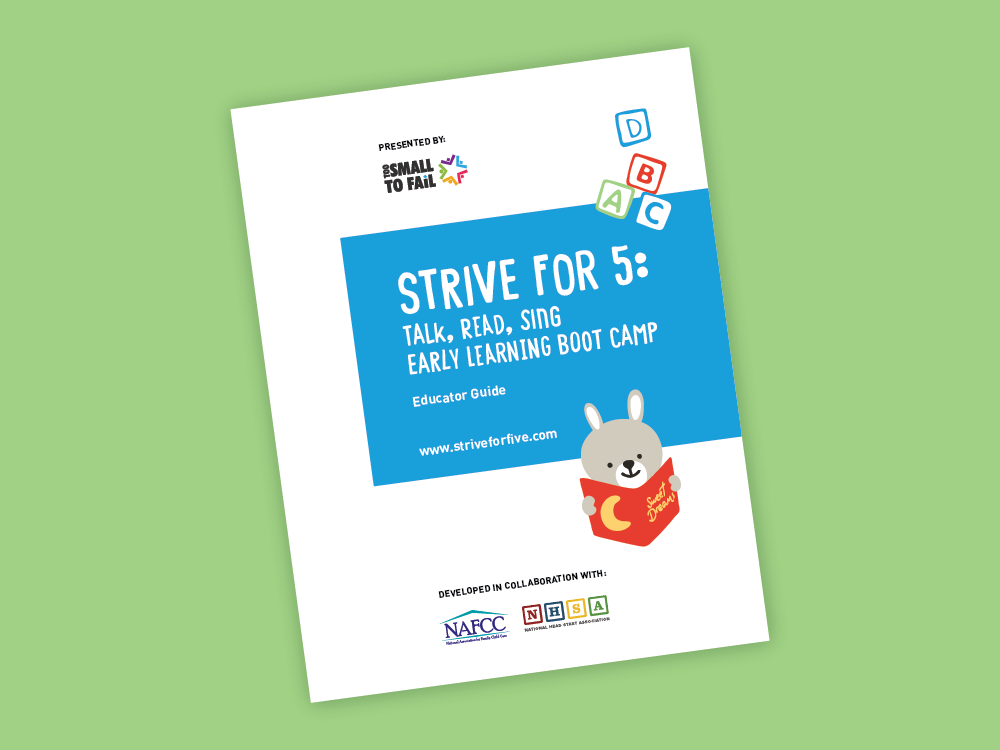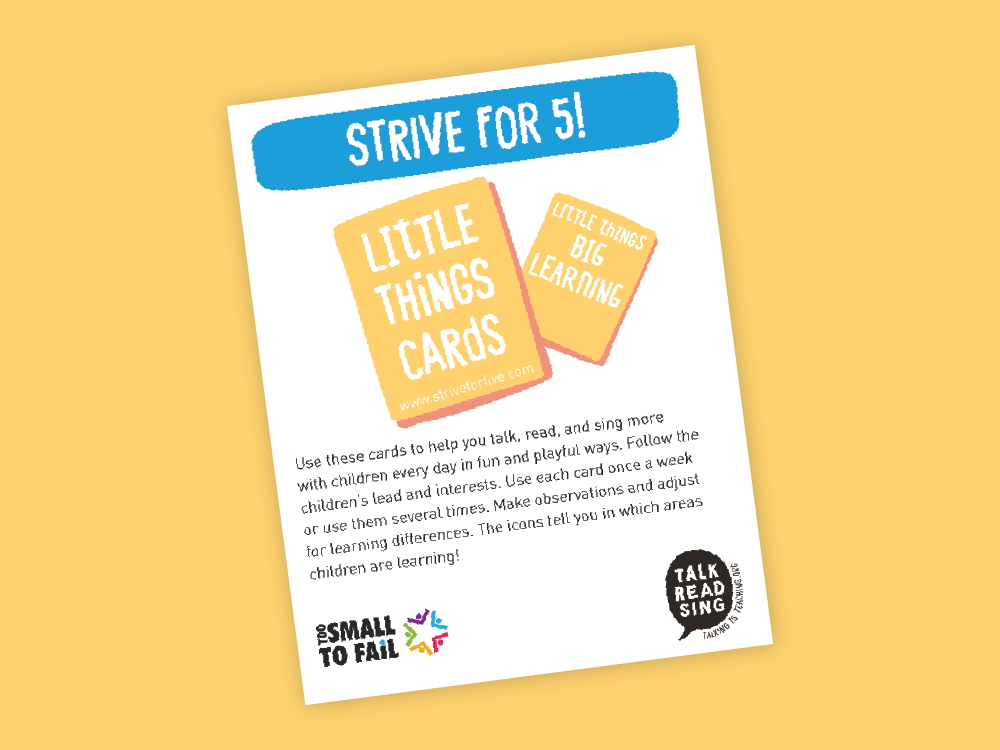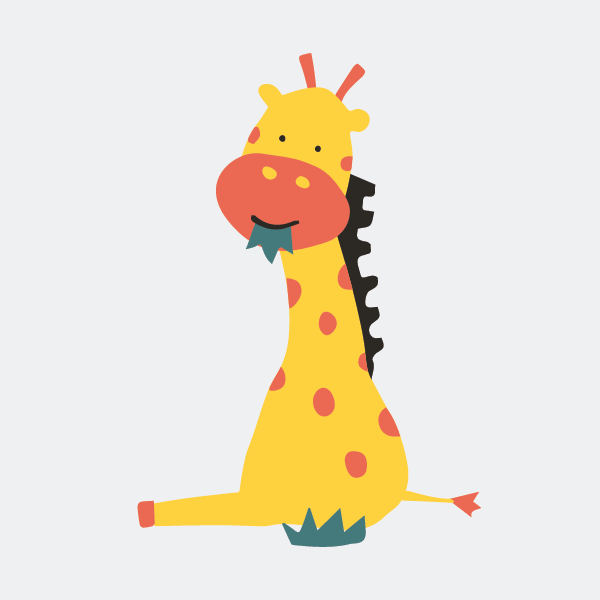Resources
Posters
Tips for Parents & Caregivers
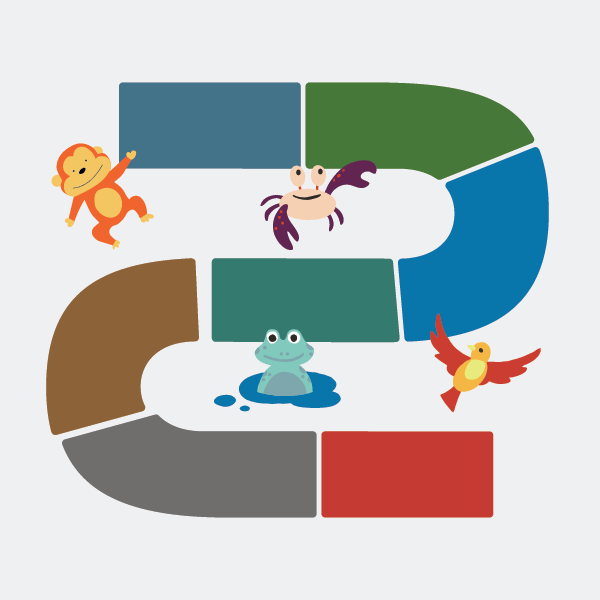
Learning Milestones
pdf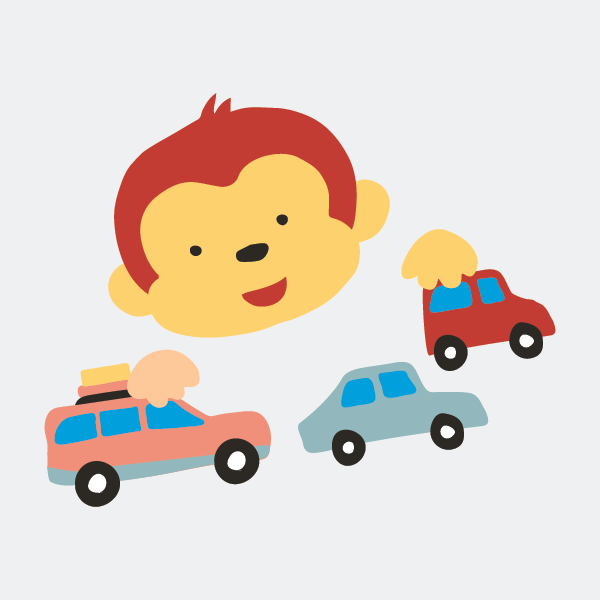
Playing is Learning
pdf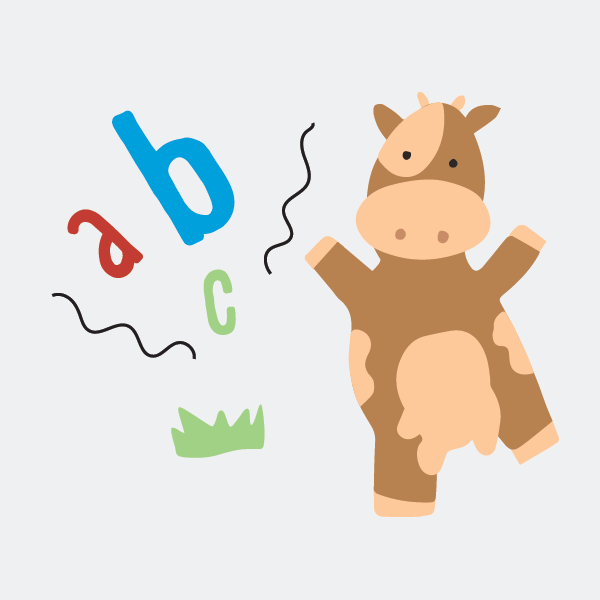
Talking is Teaching
pdf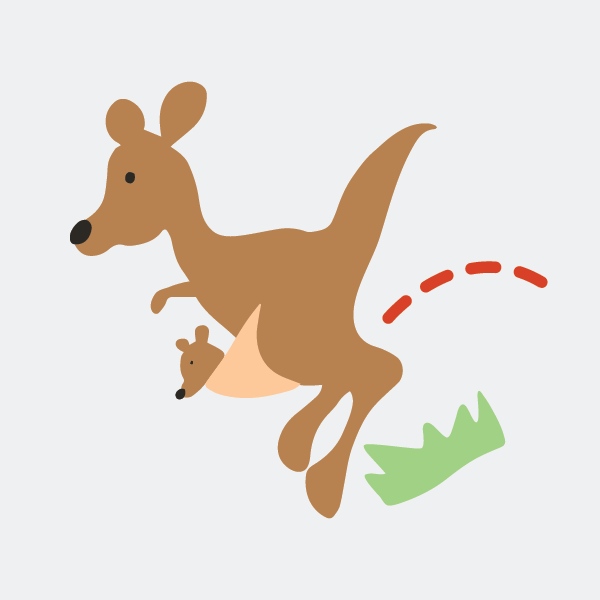
Diaper Time is Learning Time
pdf
Natural Observations
pdf
SED Milestones
pdf
Bilingualism Tips
pdf
Tips for Parents of DLLs
pdf
Everyday Fun with Addition & Subtraction
pdf
Everyday Fun with Counting
pdf
Everyday Fun with Measurement
pdf
Everyday Fun with Patterns
pdf
Everyday Fun with Shapes
pdf
Everyday Fun with Spacial Awareness
pdf
Wash Time is Talk Time Tips
pdf
Playtime Activities
pdf
SED Tips for Families
pdf
Engineering and Techology
pdf
Science
pdfTips for Educators

Talk, Read & Sing Tips for Preschool Teachers
pdf
Talk, Read & Sing Tips for Infant / Toddler Teachers
pdf
STEM Tips for Preschool Teachers
pdf
STEM Tips for Infant / Toddler Teachers
pdf
Let's Talk About Math Activities Sheet
pdf
Social-Emotional Development Tips
pdf
Social-Emotional Development Research
pdf
Benefits of Bilingualism Educator Tips
pdf
Playtime Activities
pdf- Too Small to Fail's Talking is Teaching: Talk, Read, Sing campaign offers engaging tips, articles, videos, and other resources to help parents and caregivers support their children’s early brain and language development. Visit talkingisteaching.org for tips and resources or talkingisteaching.org/communities for information on the campaign.
- Healthy Children (American Academy of Pediatrics) is a helpful resource for educators and parents backed by 64,000 pediatricians with articles and tips, family life, safety and more. healthychildren.org
- Curious World offers a world of educational videos, games, and books tied to early learning curriculum, expertly selected to engage young minds. curiousworld.com
- Get Ready to Read is designed to support educators, parents, and young children in the development of early literacy skills in the years before kindergarten. It offers free activities and resources. getreadytoread.org
- Colorín Colorado is a national multimedia project that offers a wealth of bilingual, research-based information, activities, and advice for educators and families of English language learners (ELLs). colorincolorado.org
- A Mandate for Playful Learning in Preschool: Presenting the Evidence, Kathy Hirsh-Pasek, Roberta Michnick Golinkoff, Laura E. Berk, and Dorothy Singer, 2008, Oxford University Press
- Helping Children Succeed, Paul Tough, 2016, Houghton Mifflin Harcourt
- From Play to Practice: Connecting Teachers’ Play to Children’s Learning, Marcia L. Nell and Walter F. Drew, 2013, NAEYC
- Mind in the Making: The Seven Essential Life Skills Every Child Needs, Ellen Galinsky, 2010, William Morrow Paperbacks
- From Parents to Partners: Building a Family-Centered Early Childhood Program, Janis Keyser, 2006 NAEYC
Too Small to Fail
Too Small to Fail, an initiative of the Clinton Foundation, is leading a public awareness and action campaign to promote the importance of early brain and language development and to empower parents with tools to talk, read, and sing with their young children from birth. Today, almost 60 percent of children in the United States start kindergarten unprepared, lagging behind their peers in critical language and reading skills. Through partnerships with pediatricians, hospitals, faith-based leaders, community based organizations, businesses, entertainment industry leaders, and others, Too Small to Fail is meeting parents where they are to help them prepare their children for success in school and beyond. Whether at the pediatrician's office or the playground, Too Small to Fail aims to make small moments big by creating opportunities for meaningful interactions anytime, anywhere.
Contact at toosmall.org
National Association for Family Child Care
NAFCC represents professional providers throughout the United States and in some cases on US Military bases located internationally. NAFCC is dedicated to promoting quality child care by strengthening the profession of family child care.
Contact at nafcc.org
National Head Start Association
The National Head Start Association (NHSA) is a nonprofit organization committed to the belief that every child, regardless of circumstances at birth, has the ability to succeed in life if given the opportunity that Head Start offers to children and families. Since 1974 it has worked diligently for policy changes that ensure all at-risk children have access to the Head Start model of support for the whole child, the family and the community. NHSA is the untiring voice for more than 1 million children, 200,000 staff, and 1,600 Head Start grantees in the United States each year. Its mission is to coalesce, inspire, and support the Head Start field as a leader in early childhood development and education.
Contact at nhsa.org
Science of Learning – Research on understanding how we learn and using that understanding to optimize learning at home and in the classroom.
Natural Observation – Naturalistic assessments (sometimes identified as informal, authentic or observational) include observations of children at play, work samples, and teacher checklists. The naturalistic type is most helpful to support learning.
Wall Talkers – Helpful posters to place in key areas of the learning environment with reminders of things to do to enhance children’s learning.
Little Things Cards – Easy-to-use cards with playful, engaging and hands-on ideas that blend several learning areas in every activity.
Learning through Play – Children learn best through play…when they’re active and engaged. Play provides active exploration that builds and strengthens brain pathways.
Free Play – Unstructured play where each child chooses the activity and move at his/her own pace.
Guided Play – Teachers follow where the children’s interests are and enhance their learning by asking questions, introducing new concepts and initiating new activities for the child to explore.
Literacy-Rich Environment – A learning environment that focuses on the importance of speaking, reading, and writing. It involves selecting materials, arranging the classroom and guiding instruction that will facilitate language development and positive literacy experiences.
DLL – Dual Language Learner, an active learner of the English language while using their native language. In order to support DLL children in any early learning setting there needs to be a strong focus on language development, social interactions, book reading, and storytelling.
Language & Literacy – Language and literacy standards establish a “staircase” of increasing skills in what students must be able to do to read, write, build knowledge, gain insights, explore possibilities and broaden their perspective. It includes reading comprehension, vocabulary and grammar, phonics and phonemic awareness and written expression.
Mathematics – Mathematical experiences in early childhood focus on (1) numbers (whole numbers and operations) and (2) geometry, spatial relations, and measurement (National Research Council 2009). This area also includes problem solving and interpretation of data.
Science & Scientific Thinking – Active investigation, observation and experimentation of the natural and man-made world. Children build a foundation for abstract and scientific thought leading to decision making and problem solving skills.
Social Science & Culture – The exploration, understanding and developing knowledge in economics, geography and history. In the early years this begins with children’s personal experiences and their initial understanding of themselves, their families, and school.
Creative Expression – Children develop their imagination and skills to express individual interests, abilities and knowledge through a variety of media.
Physical & Healthy Development – Skill areas of physical development, fine motor skills, healthy habits and sportsmanship. Children’s health and well-being impact learning.
Social & Emotional Development – Children’s social and emotional development is strengthened when they have experiences that promote a sense of autonomy, competence and belonging. This area focuses on emotional development, personal interactions and confidence.
Executive Function – Self-regulation, often called Executive Function, is a core set of skills that includes: Inhibition Control, Working Memory, Planning and Organizing, and Cognitive Flexibility. Early executive function development has a strong association with school readiness and learning.
21st Century Skills – These are the core skills, knowledge and expertise students should master to succeed in work and life in the 21st Century. They cover how a child approaches learning, communicates, collaborates and demonstrates critical thinking.
Technology – The developmentally appropriate use of technology focusing on how to use a variety of tools, how technology supports communication and expression, as well as, safe practices.
